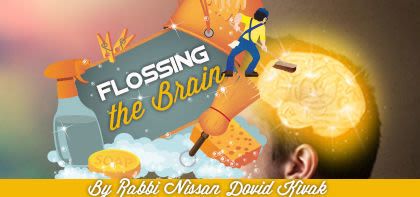
Flossing the Brain
In his eye-opening Passover message, Rav Nissan Dovid Kivak elaborates on Torah 5 in Likutei Moharan and gives us the key to true joy; what could be better?

Translated by Aaron Yoseph
Today we’re going to learn something very simple and easy – how to be happy. And not just happy, but to be in a state where we thank Hashem and we’re so grateful for having what we have, that we don’t even want any Olam Haba. We know that Hashem is happy with us. We know that “This is the thing that Hashem commanded.” We are so happy that we keep Shabbos, and nothing bothers us – not parnassah, not debts, not what we’re going through in serving Hashem – nothing. Because we’re standing counting the cash – “This is mine forever – I brought delight to Hashem and He is happy with me.” This gives a person a tremendous happiness. He understands that he’s an emissary of Hashem. “I’m important. Hashem’s sovereignty rests on me! I’m learning the Torah of the King of Kings! I take my serving of Hashem seriously. This is my purpose in life.”
When Rebbe Nachman says that it’s a great mitzvah to be happy, he was referring to this happiness. This is joy. The Rebbe wants to open up the door for us, so that we can the light of this different type of joy that the tzaddikim revealed. It isn’t a joy of making a profit, or succeeding in something, or of having things go as you wanted. It isn’t a joy of feeling good – it’s a joy that enlivens us and brings us to dance. It’s a revelation of the 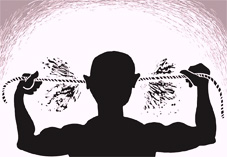 truth of that Hashem created the world just for me, so I can cleave to Him. This is the definition of joy.
truth of that Hashem created the world just for me, so I can cleave to Him. This is the definition of joy.
We have to long for this gift; to receive this wondrous gift, to enter into a life of joy. Enough with all the ups and downs. It’s possible to live differently.
In paragraph 3 of Likutei Moharan I:5, the Rebbe opened the door for us, and taught us that the main place of joy is in the heart. When a person has a straight, upright heart, then he has life and energy, he’s a bulldozer. He’s alive. Every day he renews himself. He doesn’t get rusty and old. He’s alive. But when the heart isn’t straight, when there’s crookedness in the heart, then there’s a spirit of impurity in the heart, which stops it up and makes it impossible to come to joy.
We’ve already come through the door and gate to change this situation. The way to do it is with our voices – thunderclaps. With these we can arouse our minds, and straighten out our hearts.
Rebbe Nachman adds one small condition that we need to fulfill in order to come to joy. Just like we floss our teeth to remove the trapped and damaging crumbs, we must floss our brain and get all the spiritual and mental crumbs – the chometz of the mind – to purify ourselves for Pesach and to attain joy. The Rebbe gives us a short list of what exactly are the forbidden crumbs we need to clean out:
But it’s necessary to clear out the mind from all foreign wisdoms, for a doctor, all his medical knowledge, science, computers, how to drive a car – any wisdoms that aren’t about serving Hashem.
And from foreign thoughts, to clear out all mundane thoughts, any thoughts that aren’t about Torah, Tefillah, Yiras Shomayim or simcha. Apart from these, everything is foreign.
From chometz, to not let yourself become chometz! Don't be an omelette of foreign wisdoms, foreign thoughts, and a sprinkling of depression, together make chometz.
That he shouldn’t let his wisdom become chometz, with foreign wisdoms and bodily appetites. He’s hungry, he thinks about money, and other things too, G-d forbid. From all these things a person has to beware, lest his mind become chometz.
And all of this is so that when he makes a noise which pierces his mind, it should create a thunderclap, a thunderclap that will clear out his mind and greatly arouse him, but when the mind is sealed up with tumah, as it says, “And you will become impure with them,” then his voice isn’t heard. So even if he cries out in prayer, it won’t penetrate and affect his mind.
He must also guard what he fears. That he shouldn’t be afraid of anything. Not from a court case, not from the police, not from the army, not from parnassah, not from what he’s going through in serving Hashem – to not be afraid of anything. Because if you’re afraid, then even when you prayer with energy and power, you won’t be able to arouse and straighten out your heart. The Rebbe finishes off by saying, that he shouldn’t think bad thoughts, which are the chometz, the side of death.
In short – this is just a small list…
Everyone asks about this. What we have here is the foundation for serving Hashem. We have to pray to do teshuvah every day; that we should clean ourselves out. Sins make us ill. We think that we’re okay, because we keep on living, but the truth is that every sin is poison, and it’s only Hashem’s mercy that is keeping us alive. We need to know that sins aren’t for us. They make it that we can’t feel Shabbos, we can’t feel Torah. Hashem has sanctified us with the holiness of being Yidden. We can live a good life. We do have the strength. We don’t have to be like the big elephant who’s led along by the mouse. Know your strength. Cry out to Hashem. This is a person’s test in this world. Cry out to Hashem, and He’ll give you the strength. You have nothing to do with your past. Keep starting again. A joyous and kosher Pesach!


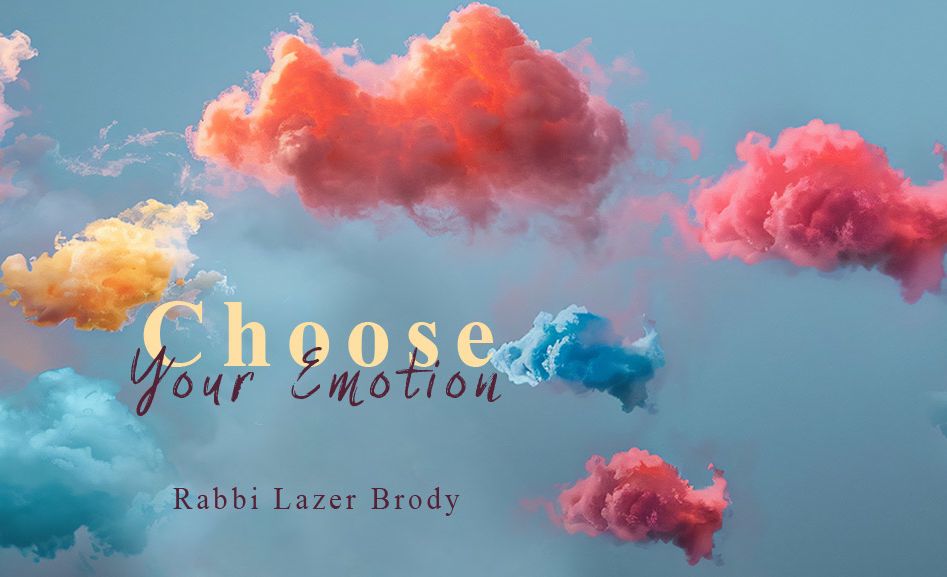
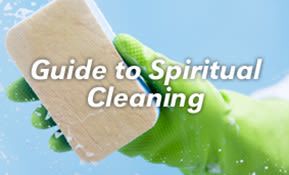



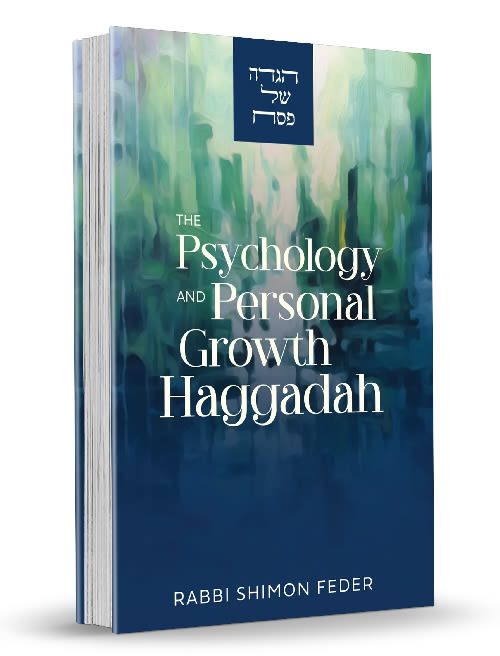
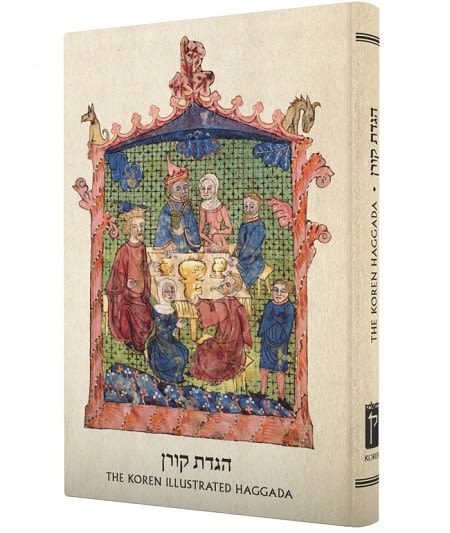
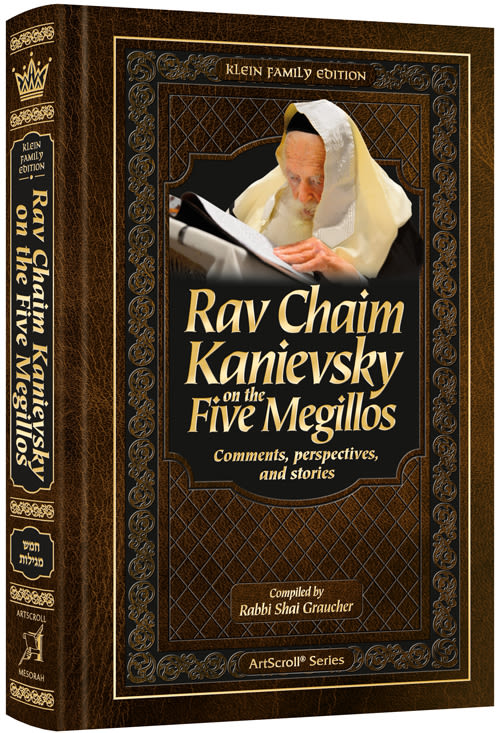

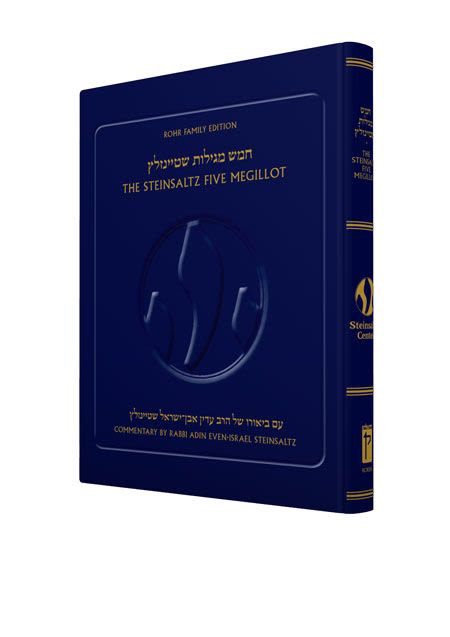
Tell us what you think!
Thank you for your comment!
It will be published after approval by the Editor.